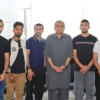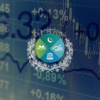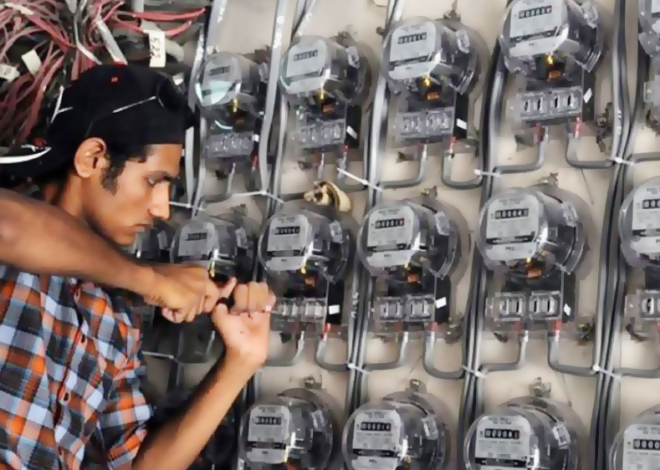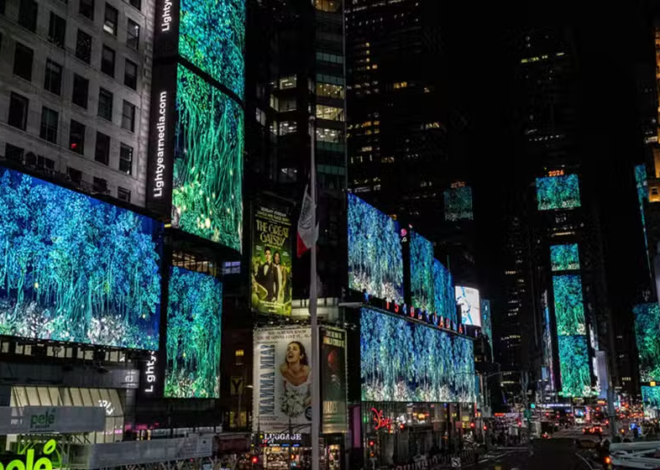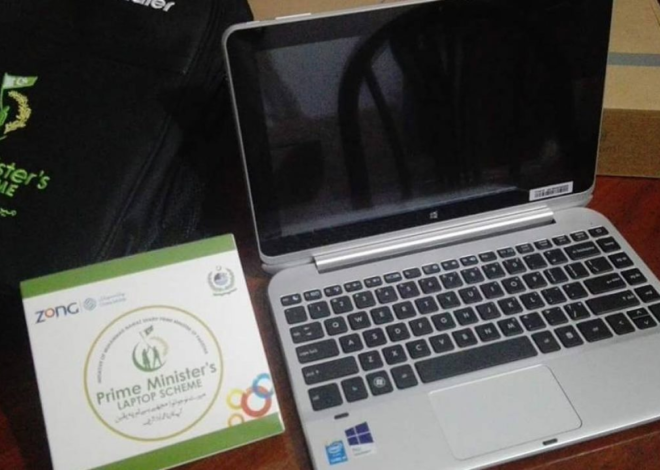
Paradox : Between Index and Illusion: Pakistan’s Free Speech Paradox
Paradox Pakistan, the idea of free speech exists as both a constitutional promise and a daily challenge. While Article 19 of the Constitution guarantees freedom of speech, this right is often filtered through a lens of state security, religion, and public morality. The paradox lies in the coexistence of progressive legal frameworks and repressive practices. As a result, Pakistan presents a dual reality—one measured by international indexes and the other experienced by citizens on the ground.
The Legal Landscape: Rights on Paper
Pakistan’s Constitution provides a foundation for freedom of expression, but with significant caveats. Article 19 allows citizens the right to express themselves freely, subject to “reasonable restrictions” in the interest of the “glory of Islam,” national security, public order, decency, and morality. These vague terms give authorities broad discretion to curtail speech. The Pakistan Penal Code further complicates the scenario by including blasphemy laws, sedition clauses, and cybercrime provisions that can be weaponized against dissenting voices.
The Prevention of Electronic Crimes Act (PECA) 2016 has emerged as a controversial tool in this context. Ostensibly designed to regulate online content and counter cybercrime, PECA has frequently been used to target journalists, political activists, and even ordinary citizens. While the legal structure recognizes free speech, it also embeds the mechanisms to control it—illustrating the paradox of promised rights versus practiced censorship.
Media Under Pressure: Silencing the Fourth Estate
Journalists in Pakistan operate under intense scrutiny and often at great personal risk. Media outlets frequently face direct and indirect pressures, including threats, censorship, bans, and even physical attacks. The Pakistan Electronic Media Regulatory Authority (PEMRA) serves as a regulatory body but is often accused of acting as a state instrument to suppress dissent.
Over the past decade, multiple media houses have been forced to take popular anchors off air or modify their editorial lines. Self-censorship has become a survival tactic rather than an ethical dilemma. Newsrooms are caught in a balancing act—reporting facts while navigating invisible red lines drawn by political, military, and religious authorities.
Digital Dissonance: The Illusion of Online Freedom
The internet, once considered a bastion of free expression, is increasingly becoming a contested space in Pakistan. Social media platforms are both a refuge for independent voices and a target for state surveillance. Activists, bloggers, and content creators often face harassment, arrests, or disappearances for expressing dissent online. The government has intensified its efforts to regulate digital content, using PECA to block websites, monitor social media activity, and criminalize online speech.
Despite this, Pakistan has a vibrant online community that continues to push the boundaries. Digital activism, online journalism, and grassroots campaigns challenge state narratives and bring attention to suppressed issues. However, the cost of such engagement is high, and the line between online activism and legal jeopardy remains dangerously thin.
The Role of Judiciary: Arbitrator or Enabler?
The judiciary in Pakistan has a complex role in the free speech ecosystem. On occasion, courts have upheld the right to expression and struck down arbitrary censorship. However, they have also enabled state repression through expansive interpretations of national security and religious sanctity. The inconsistency of judicial protection contributes to the unpredictability of exercising free speech.
Cases involving blasphemy or criticism of state institutions rarely receive impartial hearings, and accused individuals often face a hostile environment even before the trial begins. This unpredictability discourages open discourse and creates a climate of fear and caution.
Civil Society and the Shrinking Space for Dialogue
Civil society organizations, human rights defenders, and student groups continue to advocate for freedom of expression, but they operate under increasing pressure. NGO registration laws, foreign funding restrictions, and security agency scrutiny limit their operational space. Public forums for debate are shrinking, and universities—once centers of political thought—now avoid controversial discussions.
Despite these limitations, civil society remains a critical voice in resisting censorship. Protests, petitions, and public interest litigation are tools still in use, though often met with suppression. The resilience of these groups highlights both the persistence of hope and the depth of the paradox.


